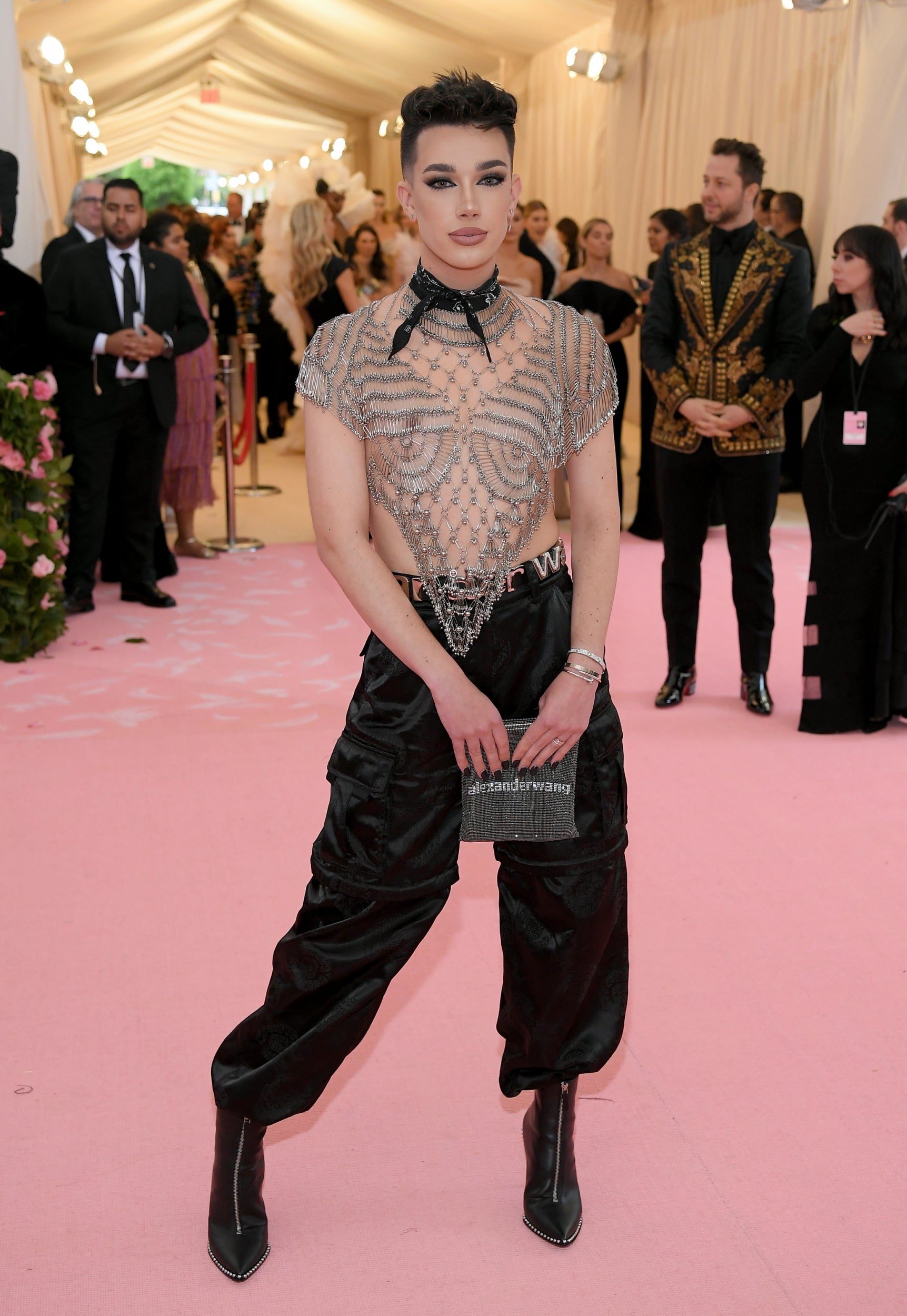Police call for YouTube influencers to stop using fake make up
Use of counterfeit makeup can result in infections, rashes and burns
Your support helps us to tell the story
From reproductive rights to climate change to Big Tech, The Independent is on the ground when the story is developing. Whether it's investigating the financials of Elon Musk's pro-Trump PAC or producing our latest documentary, 'The A Word', which shines a light on the American women fighting for reproductive rights, we know how important it is to parse out the facts from the messaging.
At such a critical moment in US history, we need reporters on the ground. Your donation allows us to keep sending journalists to speak to both sides of the story.
The Independent is trusted by Americans across the entire political spectrum. And unlike many other quality news outlets, we choose not to lock Americans out of our reporting and analysis with paywalls. We believe quality journalism should be available to everyone, paid for by those who can afford it.
Your support makes all the difference.The Police are urging YouTube stars to stop using fake make-up in their online tutorials as it can result in medical complications.
To mark Anti-Counterfeiting Day on Thursday, the City of London Police’s Intellectual Property Crime Unit (PIPCU) warned that using counterfeit make-up can cause harmful infections, rashes, and even burns.
According to the organisation, it is estimated that consumers spend at least £90 million every year on fake goods in the UK.
Furthermore, it stated that counterfeit beauty products are becoming increasingly common and easily available on auction sites, online market places, rogue websites and social media.
Detective Inspector Nick Court of the City of London Police’s Intellectual Property Crime Unit said of the phenomenon: “We’re concerned that popular YouTube stars are using counterfeit make up in their tutorial videos.
“This not only puts them at risk of infections, rashes and burns, it could also encourage their followers to use the same harmful products.”
Earlier this year, the Local Government Association (LGA) said that thousands of pounds worth of counterfeit beautify products had been uncovered by councils in recent years.
Some of the products found to be sold include counterfeit versions of beauty brands including MAC, Chanel and Benefit.
The LGA also warned that exposure to mercury in fake cosmetics could have "toxic effects on the nervous system, digestive and immune systems, lungs, kidneys, skin and eyes".
Earlier this year, the PIPCU launched an awareness campaign dubbed “Wake up - don’t fake up!” warning consumers of the risks posed by fake beauty products.
Amid the launch, the organisation stated that the percentage of fake goods seized by customs because of health and safety concerns to consumers has doubled in recent years. These include items such as perfume, make-up and electrical beauty items.
Detective Superintendent Maria Woodal, who oversees the PIPCU, said at the time: “Criminals are exploiting every opportunity to fool customers into buying counterfeits in order for them to make some quick cash - putting peoples’ health, homes and lives at risk.
“Beauty products are meant to enhance your features however the fakes can in fact do quite the opposite. Our general rule is; if it seems too good to be true then it probably is!”

The police also warned people about the consequences of providing personal details to non-reputable sellers.
Since the PIPCU’s inception in 2013, officers have overseen the disruption of over 70,000 counterfeit websites.
In order to avoid purchasing counterfeit beauty from illicit websites, the police advises the public to check the spelling and grammar of the websites, ensure website addresses begin with “https” at the payment stage, and to trust their instincts.
In the first six months of last year, market research firm Mintel estimated that people watched, on average, more than a million beauty videos on YouTube a day.
Meanwhile, in the same year, research from the Office for National Statistics showed that seven- to nine-year-old girls in the UK spend on average 20p a week on cosmetics and toiletries, rising to £1.70 for girls aged 13 to 15.
By comparison, boys of all age ranges spend less than 10p per week on similar items.

Join our commenting forum
Join thought-provoking conversations, follow other Independent readers and see their replies
Comments